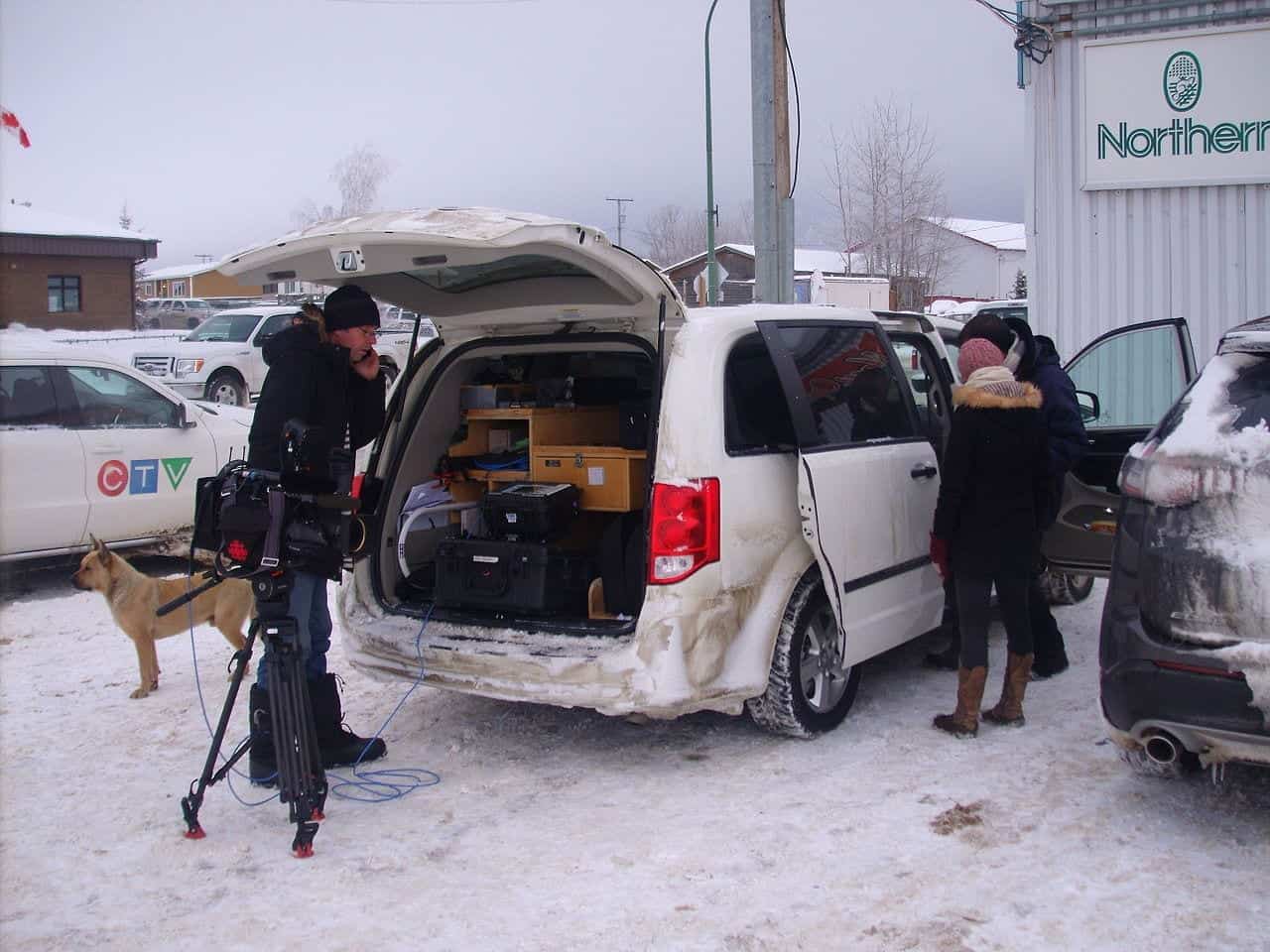La Loche shootings reveal social issues

remote community only part of the problem
La Loche is located at the end of Highway 155, 9 hours and 15 minutes away from Regina. It is a relatively unknown community, isolated in the corner of northwest Saskatchewan. The obscurity of the town changed on Jan. 22, when a shooting spree reached La Loche Community School, killing four people and injuring seven. The shooter is believed to be a 17-year-old boy whose identity has not been disclosed due to the protection of a publication ban from Canada’s Youth Criminal Justice Act. Two of victims, believed to be the shooter’s cousins, were murdered in their home, while the others, a teacher and an assistant, were killed in the school.
The Carillon sat down with University of Regina’s Women and Gender Studies department head, Dr. Darlene Juschka, who is an associate professor and prominent researcher of violence against women. Discussing the shooting, Dr. Juschka emphasized the need for both community and nationwide support that La Loche has severely lacked in the past.
Carillon: What do you think about the current political climate of La Loche, as an essentially isolated and ignored part of the world, and what influence you think that might have on the shooting?
Darlene Juschka: I think it has a lot to do with the pressures that may have provided a viable climate for this kind of thing to happen. As Georgina Jolibois, the past mayor of La Loche commented, “This kind of thing can happen anywhere.” And she is quite right, it can.
However, there are mitigating factors that can increase the chances of this kind of violence occurring. One would be the availability of weapons, guns in particular, and in the northern and rural areas of Canada of Western Canada, guns are more frequently found. Another is the relationship – or lack of relationship – northern communities have with the rest of Canada. The Federal and provincial governments looks south, west, and east, but never really north, other than to ask what they can take. There is no investment in northern communities, and therefore they are made remote and isolated, and then under-resourced in every way one can think of, from work, food, environment, economics, communication – the list is endless. The north/south division in our perception of Canada serves no one. We in the south need to change our perspective.
C: What measures do you think surrounding communities can take following the incident to help La Loche?
DJ: They need to allow the folks in La Loche to tell them what they need. And that need must be met in a sustained way so as to ensure the town has what it needs.
C: What should U of R students take from the shooting, and what should they know about La Loche?
DJ: They should note this is another instance of a male who has connected masculinity and violence, and his actions resulted in the deaths of four people and the wounding of seven. What is this link between violence and masculinity? As for La Loche, it might help to learn about its history, and how colonialism and neocolonialism have contributed to the tensions in the community, as well as the north in general.
This event could have equally happened in Regina, as Regina, like the rest of Saskatchewan, is infamous for the levels of violence enacted and experienced. According to the Family Violence in Canada 2014 report, “Among Canada’s provinces, Saskatchewan (486.7 per 100,000 population) had the highest rate of police-reported family violence, double the national rate (243.1).” So, even as I said, there may be more probability such an event could take place in La Loche because of mitigating factors, but different and similar mitigating factors could come into play at any school in SK. The issue of violence is province wide and therefore all of us must grapple with it.
—
The Carillon urges students to keep up to date with occurrences in La Loche. Remember that they are our neighbours, and remember that the violence does not stop when the cameras go off. The Carillon also wishes to express our deepest sympathies to the residents of La Loche, and to those personally affected by the tragedy.










